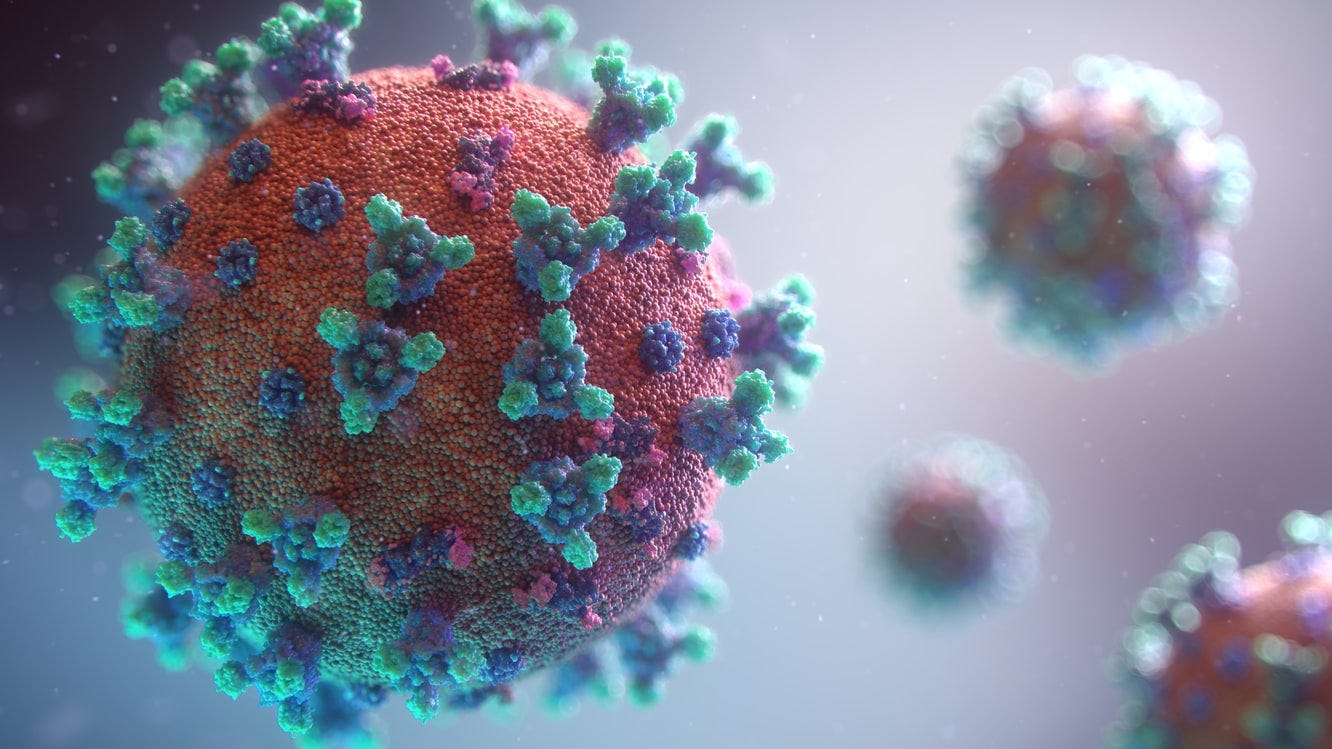
In the United States, there have been 658 thousand deaths attributed to Covid1. It’s a lot. For comparison, 38 thousand die each year in driving incidents. We lose from 20 to 60 thousand to the flu in a given year which makes Covid about 20x more deadly. In World War II 405 thousand died. In the Civil War - 655 thousand. One difference with war is the loss of primarily young men. About 1.8 percent of those lost to Covid are under 40 years old. Like many, Covid had me considering my own mortality.
It’s a scary illness. The idea of slowly suffocating alone. This is what got me wondering, what specifically scares me about death? Is it the prerequisite suffering? Is it the unknown? It is difficult to answer because I don’t regularly fear death. The possibility feels distant in the day-to-day run around.
Of course, I have had moments of mortal terror. In these moments the terror felt like it had something to do with a lack of control. In contrast, suicide is less scary than an unplanned death because the need for control underlies our fear of death.
I wonder if some individuals do not fear death? At times, fearlessness of death is held up as an ideal not easily attainable. For example, religious monks are sometimes pictures as having transcended the fear of death. People do give their lives in the name of a cause. For example, monks burning themselves in protest, Gandhi’s hunger strike, and the 1981 Irish hunger strike.
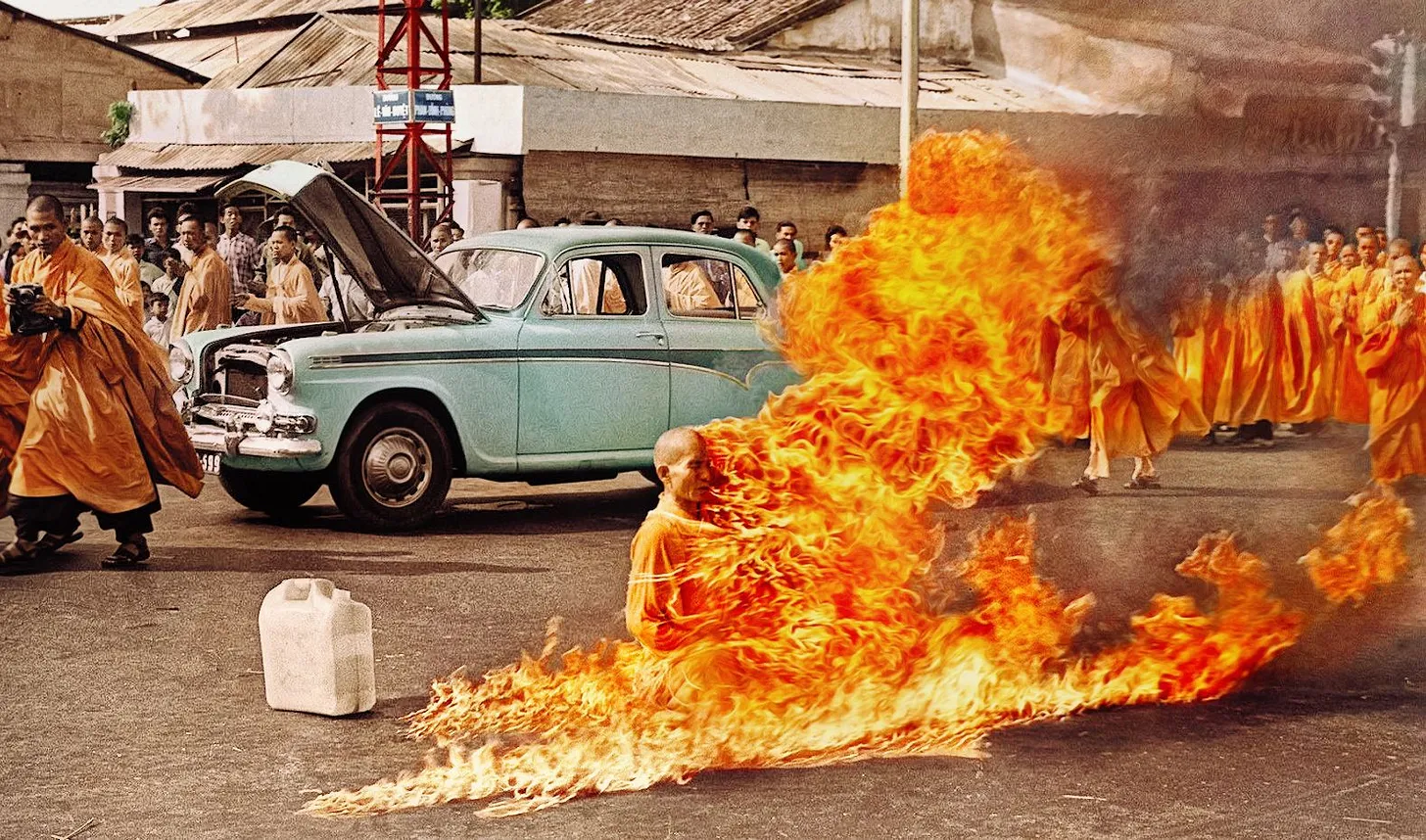
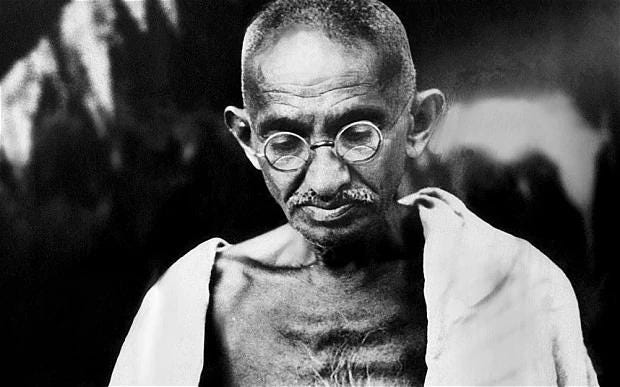
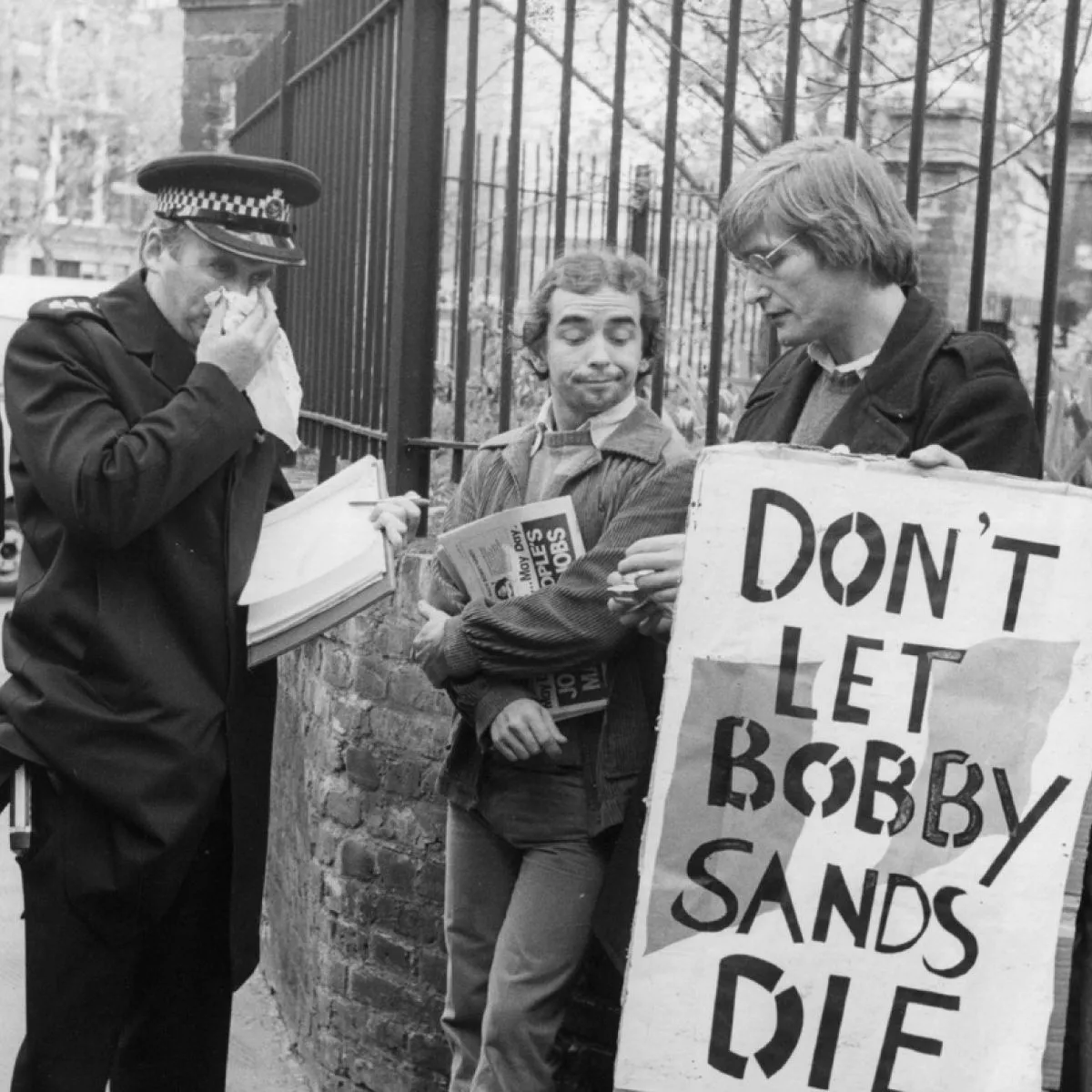
Maybe Bobby Sands of the Irish Republic said it best
They won’t break me because the desire for freedom, and the freedom of the Irish people, is in my heart.
I don’t think they have found something to fear more than death. Rather, they’ve found something more desirable than life. This infers it’s desired on behalf of others, not oneself.
Fear of death is natural of course. Animals avoid death with mortal terror. It’s instinctual. But the animal does not fear death as humans know it intellectually. The animal fears the immediate sensations of pain, confusion, lack of control, heights, etc. These are things that can trigger panic and terror. I suppose these palpable feelings of terror are the genetic knowledge of potentially harmful or fatal situations. It’s not knowledge in words or facts. It’s instinctual knowledge. The only thing that matters in a moment of mortal terror is to escape back to the realm of predictability and relative safety.
We must be very careful in the pursuit of overcoming the fear of death. Believing in something greater than one’s own life is a sort of ego. Finding a purpose this important also means one would judge others’ lives as expendable to the cause. For example, religious crusades or the sacrifices made in the name of socialism like China’s Great Leap Forward resulting in tens of millions of deaths.
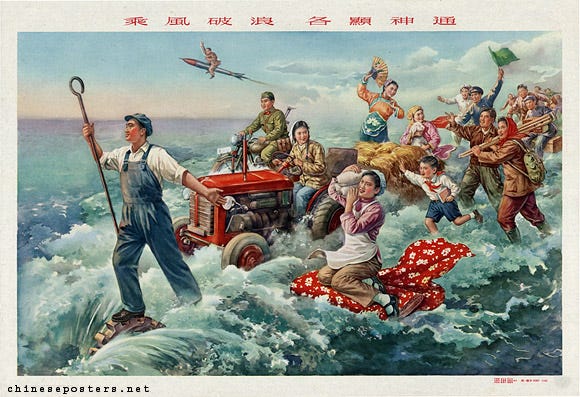
Fear of death is natural. It is instinctual. On the other hand, there is a uniquely human aspect in how we conceptualize death. Finding a cause more important than one’s own life is powerful but it may be a force for good or evil. Some give their own life for a righteous cause, others, who subordinate the lives of others, are ultimately after power.
Resources
https://www.statista.com/statistics/1191568/reported-deaths-from-covid-by-age-us/
Originally published on Substack